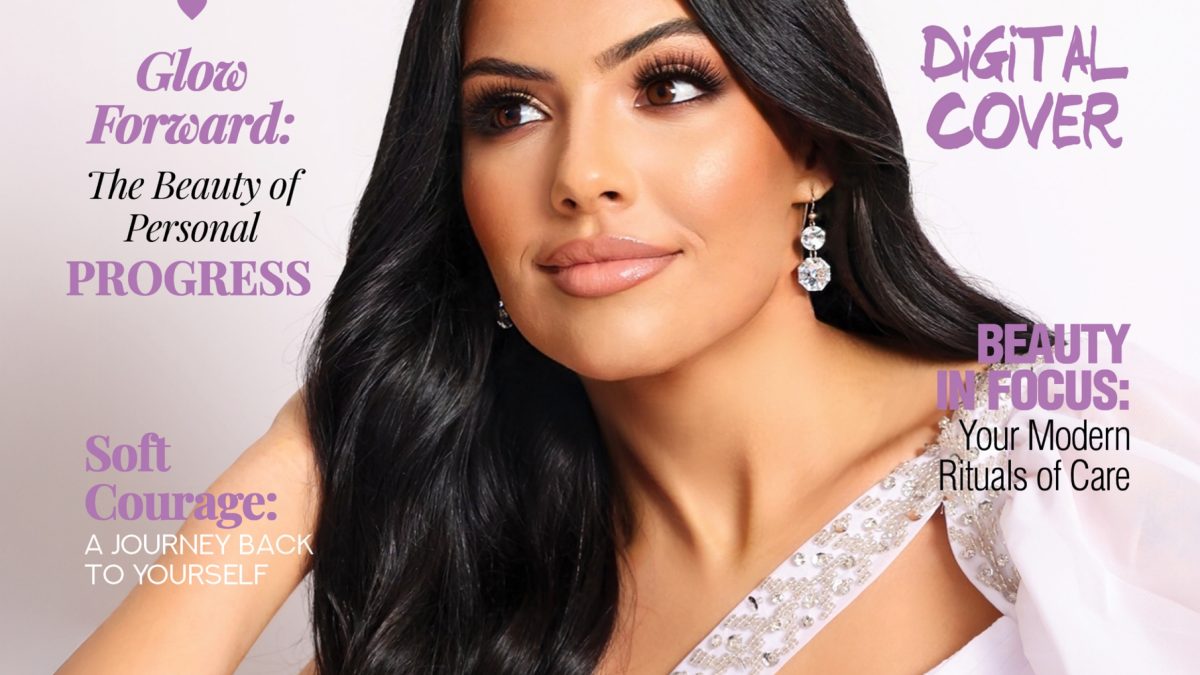
Close



Abby Riggs carries a kind of quiet brilliance — the kind that doesn’t demand attention, yet fills the room the moment she begins to speak about her work. There is something unmistakably sincere in the way she moves between disciplines: the curiosity of an anthropologist, the clarity of a historian, the imagination of a storyteller, and the gentleness of someone who teaches children to find their own voices. Nothing about her creative world feels disconnected. Every piece — from tap dance to fairy-tale screenwriting — traces back to one central fascination: people, and the inner lives that shape who they become.
You’ve studied anthropology, taught history, and even written scripts based on fairy tales — all fields that explore human stories in different ways. What do you think unites these passions at their core?
At their heart, all three are about understanding people — what they believe in, how they communicate, and how they make meaning out of the world around them. Anthropology gave me a framework for examining culture and identity; teaching history allows me to pass that curiosity on to young learners; and writing lets me explore those same questions through imagination. I’ve always been drawn to the human side of the story — the emotions, decisions, and connections that shape who we are.
Working with children who face developmental challenges requires not only knowledge but also empathy and patience. Has this role changed the way you understand resilience?
Completely. My students have taught me that resilience isn’t linear — it doesn’t move in a straight line from struggle to success. Resilience is about continuing to grow even when your world feels unsteady. Many of my students face daily obstacles most adults would find overwhelming, and yet they approach each day with curiosity and joy. It’s made me redefine strength: not as perfection, but as the willingness to keep trying, even when progress looks different for everyone.
Kingdoms, your screenplay inspired by Andersen, reimagines a classic tale. What drew you to that story, and what do you hope modern audiences feel when they encounter it through your lens?
Yes, Kingdoms is based on the literary fairy tale The Wild Swans by Hans Christian Andersen. I was drawn to the story because of its themes of sacrifice and transformation. The tale is dark but deeply human — it explores what it means to hold onto hope when everything seems lost. In Kingdoms, I wanted to honor that emotional core while reimagining it through a lens of generational trauma and identity. I hope modern audiences feel the same sense of wonder and introspection I felt reading fairy tales as a child.
Tap dancing is such a precise yet expressive art form. When you perform, do you feel more like a competitor, a storyteller, or something in between?
Something in between! For me, tap is all about expression and energy — it’s fun, fast, and freeing. When I’m performing, I’m focused on rhythm, musicality, and the feeling of movement — it’s like having a conversation through sound. Tap combines precision with playfulness, which makes it joyful and dynamic.
Your S.E.R.V.E. Initiative links reading with creative writing. Why do you believe creativity is such a powerful tool for education — especially today, when young people are surrounded by instant information?
Creativity asks students to pause and think, not just react. In a world of constant information, imagination gives them ownership of their voices. Reading lets them see new perspectives, and writing gives them the courage to express their own. Through The Learning Project, I’ve seen how reading and writing help students find confidence, empathy, and joy in learning — skills that no algorithm can replace. Creativity keeps education human, which is more important now than ever.
